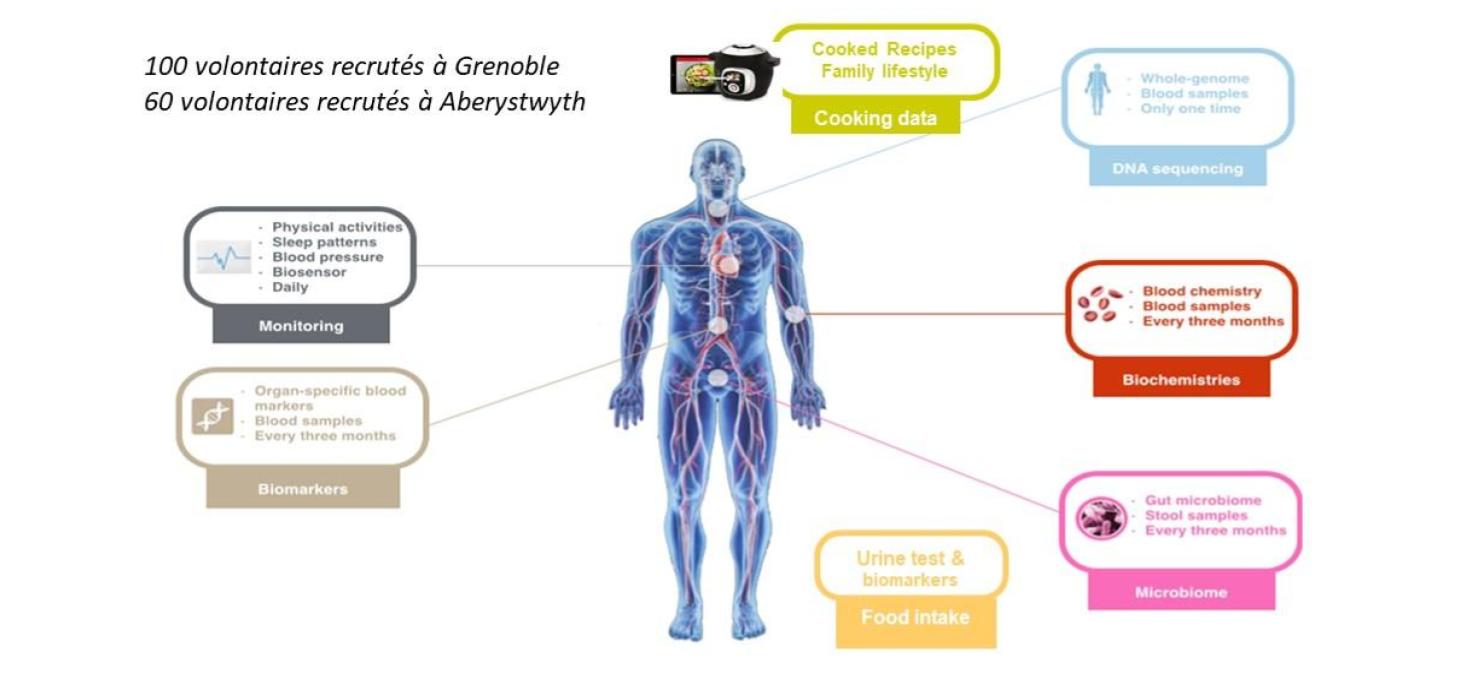- Share
- Share on Facebook
- Share on X
- Share on LinkedIn
Effect of citrulline supplementation on proteolyis-proteogenesis equilibrium in muscle
Even if total muscular mass is hardly changing during adult life, the muscular volume is constantly remodeled by important proteolysis and proteogenesis. With age, this process is progressively altered, leading to sarcopenia. Besides physical activity indispensable for maintaining muscle mass and function, a complementary strategy can be the use of nutritional supplements. Citrulline is an amino acid that is particular in two ways, since it is neither metabolized by the liver nor integrated into proteins. However, its function is fundamental, and it has to be endogenously synthesized in the intestine from arginine and glutamine. In muscle, citrulline is a powerful activator of protein synthesis by acting, among others, on the mTOR pathway. However, the mechanism(s) by which citrulline activates these signaling pathways are not known. We study the effect of citrulline and complex I inhibitors (e.g. metformin) on cell signaling pathways and the proteolyis-proteogenesis equilibrium by using cultures of primary myoblasts. In parallel, we continue our studies in trained and non-trained animal models, young or aged, to specify how citrulline affects mitochondrial metabolism in vivo.
Systems toxicology: nutritional risks and diabetes
Environmental strains on metabolism and cell energetics are not only imposed by physical inactivity or malnutrition, but also by environmental contaminants. We therefore wish to develop toxicological aspects of (energy)metabolism as a transversal theme in the laboratory, analyzing molecular events (e.g. cell signaling), major cellular (e.g. mitochondria) or organ dysfunctions (e.g. insulin secretion and sensitivity), as well as backing these data with an innovative systems biology approach. We aim at understanding the relationship between low level exposure to the widespread but latent contaminant, cadmium, and dysfunction of pancreatic β-cells, which is a strongly contributing factor in the development of type II diabetes.
The cook to Health project
Unhealthy lifestyles are major factors contributing to chronic conditions that impose a huge financial burden in EU healthcare systems. Among them, bad dietary habits is a significant risk factor for cancer, metabolic disorders and leading causes of morbidity and mortality. Unfortunately, Public Health policies failed to influence consumers to change their habits. They failed for many reasons:
- To date, there is no reliable method to properly assess the diet of a population. All existing methods are based on declarations and are subject to cautions;
- The collection of data to scientifically assess eating behavior is usually done in hospitals or specialized centers and not at home which partially biases the results.
- There is a lack of awareness of the contextual features influencing eating behavior and even where there is motivation to change, people have difficulty translating good intentions into healthy behaviors. Hence, their day-to-day constraints (lack of time, lack of knowledge, constraining family and cultural habits, personal tastes) make it difficult for them to comply and adopt the nationally recommended healthy lifestyles.
- Be able to collect health data in a comprehensive and reliable way from subjects at home
- Develop a reliable biological method to assess the feeding behavior of a population
- Evaluate a standard ecosystem to facilitate food preparation at home via access to innovative content, appliances and services

Coordinator

Christophe Moinard, PU
christophe.moinard univ-grenoble-alpes.fr (christophe[dot]moinard[at]univ-grenoble-alpes[dot]fr)
univ-grenoble-alpes.fr (christophe[dot]moinard[at]univ-grenoble-alpes[dot]fr)
Phone number: +33 (0)4 76 51 44 90
- Share
- Share on Facebook
- Share on X
- Share on LinkedIn